Search Results for Tag: journalism training
E-learning for journalists: free courses and webinars
 MOOCs, massive open online courses, help journalists all over the world improve their skills and learn from the best without leaving their computer desk. That’s a great opportunity, especially for reporters from developing countries. In this post, we’ll explain how e-learning has evolved and where you can find free journalism-related courses.
MOOCs, massive open online courses, help journalists all over the world improve their skills and learn from the best without leaving their computer desk. That’s a great opportunity, especially for reporters from developing countries. In this post, we’ll explain how e-learning has evolved and where you can find free journalism-related courses.
E-learning has been around for several years. Many universities offer their lectures and study plans online. For example, e-learning platform edX offers free courses from several universities, however, the courses are not that numerous and are mostly technical. Harvard Open Courses offers courses on journalism, but the enrollment process is lengthy and, moreover, there’s a tuition fee, which means the courses are not really for the masses. Berkeley University,Yale University and Massachusets Institute of Technology also put their courses online, which are basically recorded class sessions.
Stanford University is doing something different by offering customized online sessions via the iTunes, but there’s still a heavy element of lecturing and no interaction with the instructor and other students.
These are all great opportunities for journalists to learn more about their profession without having to attend whole courses. But watching or listening to recorded classroom presentations is a rather one dimensional model.
![]() read more
read more
Checking the facts in Africa
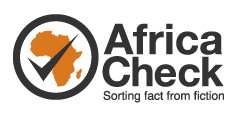 The idea of Africa Check is straightforward. Investigate claims made in public; check the facts; and, publish the findings.
The idea of Africa Check is straightforward. Investigate claims made in public; check the facts; and, publish the findings.
Africa Check was launched in 2012, and is a non-profit organisation led by the media development agency AFP Foundation and the Journalism Department of the University of the Witwatersrand in Johannesburg.
The organisation not only examines the public claims of politicians, leaders in civil society, government agencies and NGOs, but also checks the facts journalists use in their stories.
Peter Cunliffe-Jones of the AFP Foundation is the Director of Africa Check and says getting the facts right is the “essence” of journalism. But under the pressure to feed 24 hour news, and working across more topics, journalist may feel they “don’t have the time and the expertise, or even know where to look” to verify information.
Reading an Africa Check report is a little bit like a mini-lesson in the basics of journalism. You also see that this project has the potential to have a high impact on African media and perhaps serve as a model in other countries or regions.
![]() read more
read more
Using WhatsApp for multimedia and mobile journalism training
Be creative, experiment and learn through play.
This is something I’m always trying to encourage participants to do during any workshop. But particularly when it comes to learning about multimedia, or using a mobile phone for reporting, and getting used to new types of media for storytelling.
So what’s up with using the mobile messaging service WhatsApp as a tool to complement training in workshops? Well, potentially a lot… particularly for practical exercises. But first, if you haven’t yet dialled into the world of WhatsApp, here’s a quick overview.
![]() read more
read more
Training mobile journalism – more than just apps (Part 1)
Using a mobile phone effectively for reporting is becoming more established in newsrooms.
And along with the ever increasing range of applications, journalism training and media development agencies are turning their attention to offering mobile journalism courses and mobile content producing courses for citizen media.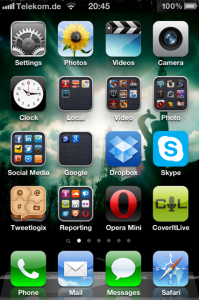
This is positive. But there are plenty of traps along the way in offering mojo training.
Here on the DW Akademie Africa blog, we’re always keen to explore multimedia apps and innovative ways journalists can use a mobile phone for their work.
In the first of two blog posts, we’ll take a look at some points journalism trainers should consider when setting out to develop mobile journalism courses.
![]() read more
read more
Journalists@Work: Teresa Temweka Chirwa
In the first of our Journalists@Work series we meet Teresa Temweka Chirwa, an editor at Zodiak Broadcasting Station in Lilongwe, Malawi. Teresa participated in the recent DW Akademie in-house journalism training at ZBS. You can also listen to Guy Degen’s interview with Teresa below to find out more about working as a journalist in Malawi.
![]() read more
read more
Is Guinea really turning the page for press freedom?
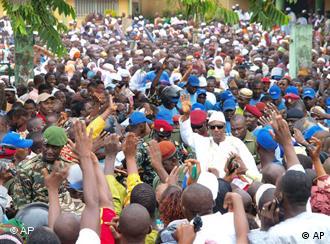
Can Alpha Condé live up to the high expectations?
Sekou Touré, Lansana Conté, Dadis Camara – Guinea has seen only three presidents in more than 50 years of independence. None of them has governed the country in a democratic way. Moreover, freedom of the press is still far from reality for the country’s journalists.
In 2010, Guinea finally went through democratic elections. So, what’s the state of press freedom in the country’s new democratic era?
Reporters without Borders looked at the current media situation in Guinea as well as in Niger – another country undergoing a transition. Turning the page is the optimistic title of their report, but the media watch dog organization has also labelled press restrictions issued by authorities on July 26 as censorship. Following an attempted attack on Guinea’s President Alpha Condé, the National Communication Council, banned all media from mentioning the attack. 72 hours later it lifted the ban.
![]() read more
read more




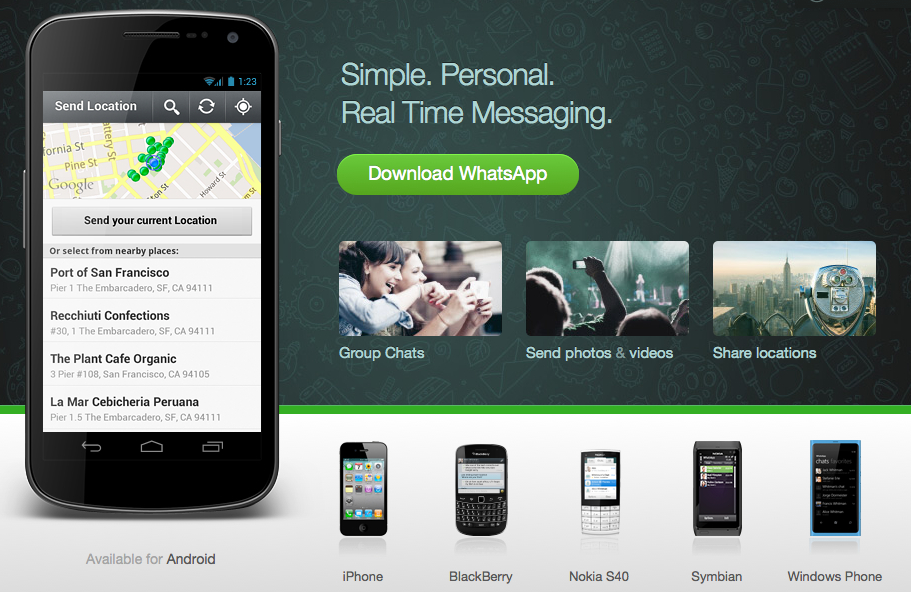
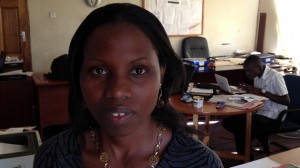




Feedback